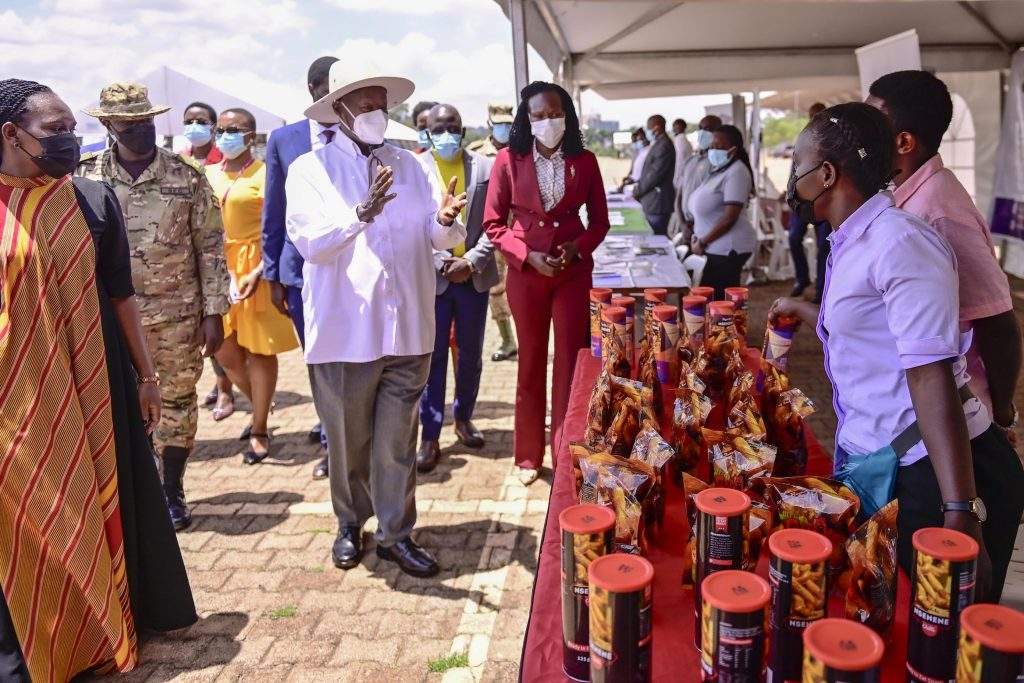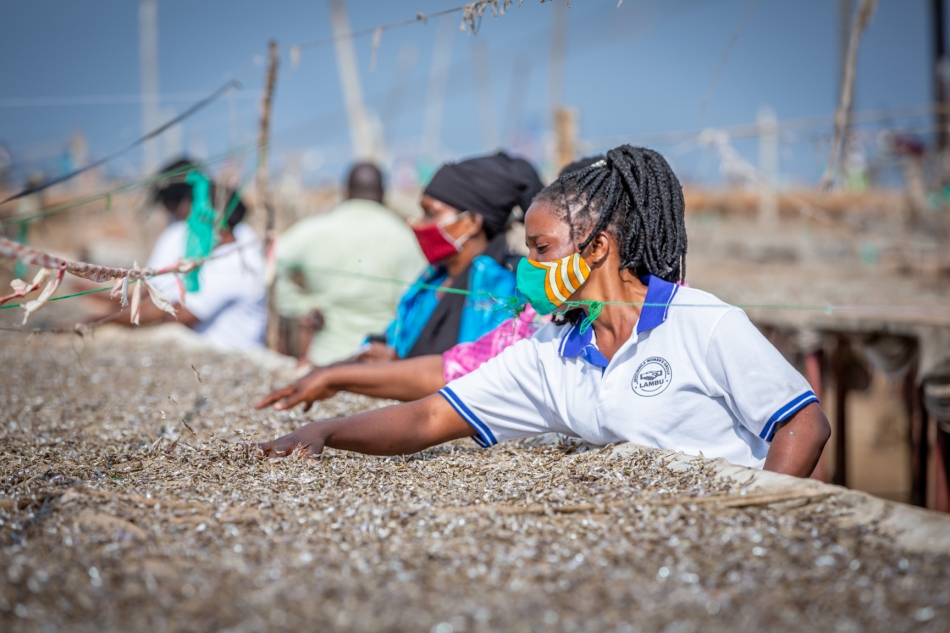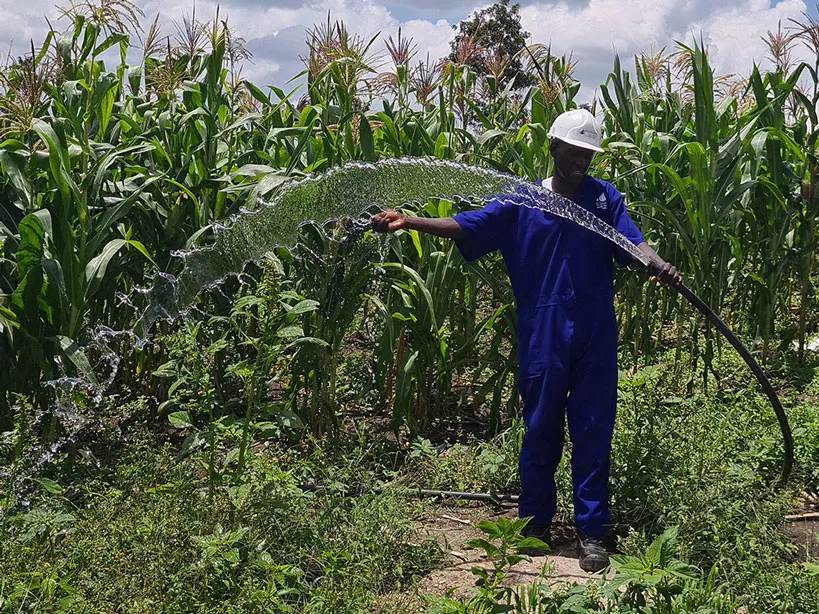Gov't signs $400m hydrogen fertilizer plant
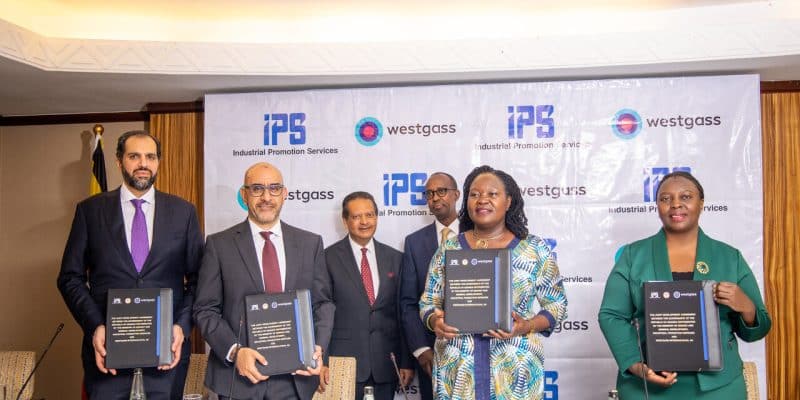
SET: Energy Minister Ruth Nankabirwa (2R) poses with IPS and Westglass Int. officials at the signing. Left is PS Irene Batebe. COURTESY PHOTO
The Government of Uganda has signed a joint agreement with the Aga Khan�s Industrial Promotion Services (IPS) and Westgass International to set up a green hydrogen fertiliser plant in Kiryandongo District. Speaking at the signing ceremony, Energy and Mineral Resources Minister Ruth Nankabirwa, said the project seeks to increase the production of nitrogen fertiliser to about 200,000 tonnes annually. The plant is being set up in the context of the fact that agriculture, often hailed as the backbone of Uganda's economy, stands as a beacon of hope for economic growth and poverty reduction.
With nearly 80% of the population employed in the sector and given its significant contribution to GDP and exports, the importance of agriculture cannot be overstated. However, amidst the aspirations for transformation outlined in Uganda�s long-term development plans, lies the critical need to enhance production and productivity within the agricultural sector. Agricultural inputs such as artificial fertilizers are seen as vital to this process, and more so given that the soils are being over-cultivated due to the rising population.
Although Uganda holds vast arable land resources and potential for agricultural growth, the need for strategic interventions to boost domestic fertilizer production and enhance competitiveness in international markets is critical. Currently, Uganda�s fertilizer consumption per unit of arable land is estimated by the World Bank to sit at approximately 2.4kg per hectare.
- The national fertilizer policy aims to reduce nutrient loss through soil erosion by 30 kg per hectare per year and raise the use and application levels of fertilizer to at least 50 kg of nutrients per hectare per year. The impending establishment of Uganda's first hydrogen-based fertilizer plant promises to be a game-changer in this regard, but the pressing question remains: Will this ambitious project truly address the country's productivity challenges?
At its core, the initiative holds the promise of revolutionizing Uganda's agricultural landscape, particularly against the backdrop of increasing food insecurity and climate change challenges. The production of hydrogen-based fertilizers represents a prime example of leveraging renewable energy systems to address pressing agricultural challenges, according to Ms Kate Airey, the British High Commissioner to Uganda.
Currently lagging behind regional neighbors like Kenya and Tanzania in fertilizer usage, Uganda must prioritize the promotion of fertilizer usage to sustainably increase agricultural productivity. With only 40,000 tonnes of nitrogen-based fertilizer utilized annually, there is a critical need to ramp up production to meet growing agricultural demands and drive economic growth.
- The production of green hydrogen fertilizer, locally, has enormous transformative potential in boosting productivity and improving livelihoods. Ms Airey said renewable energy investments have broader economic and environmental benefits in driving economic growth, and addressing food security and energy poverty across the continent.
 HITECH: A hydrogen fertiliser plant installed in India. NET PHOTO
HITECH: A hydrogen fertiliser plant installed in India. NET PHOTOThe significance of the project extends beyond agriculture, encompassing broader economic and environmental benefits. With millions across Africa lacking access to electricity, investments in renewable energy are crucial for addressing energy poverty and driving economic growth, Airey added.
The Norwegian Deputy Ambassador to Uganda, Olive Beckham, highlighted the collaborative effort to harness Uganda's abundant renewable energy resources for sustainable agriculture development, underscoring Norway's commitment to supporting projects that promote food security and utilize renewable energy sources effectively.
He said by leveraging green technologies and fostering public-private partnerships, the country can address key development challenges while promoting sustainable agriculture and industrialization. �The establishment of the hydrogen-based fertilizer plant signifies a significant milestone in Uganda's journey towards social and economic transformation. Norway is committed to supporting projects that promote food security and utilize renewable energy sources effectively,� he said.
Nankabirwa emphasized the potential for renewable energy to empower communities, boost food security and drive socio-economic development. She said the production of more than 200,000 tons of fertilizers locally would definitely improve agricultural productivity and help to mitigate the increasing food insecurity challenge. �Fertilizer use is crucial in raising and sustaining agricultural production, food security and thus reducing persistent poverty,� Nankabirwa said.
- The project is expected to create over 300 direct jobs and mitigate climate change while fostering low carbon growth. However, amidst the optimism surrounding the project, Odrek Rwabwogo, the chairperson of the Presidential Advisory Committee on Exports and Industrial Development (PACEID), highlighted the need for strategic interventions to boost domestic fertilizer production and enhance competitiveness in international markets.
- �This country has vast arable land resources and huge potential for agricultural growth, if we put things right, like improving fertilizer usage in order to fix production and productivity gaps,� he said, adding that by leveraging green energy fertilizers and expanding export credit funding, Uganda aims to position itself as a key player in global trade, unlocking new opportunities for economic prosperity.
Gallon Gollum, CEO of Industrial Promotion Services (IPS), emphasized the multifaceted nature of the project, viewing it as a catalyst for climate action and low-carbon growth. In October last year, the Board of Directors of the African Development Bank Group approved a project to provide 60,000 metric tons of fertilizer to 400,000 smallholder farmers in Uganda.
Under the Fertilizer Financing for Sustainable Agriculture Management project, the Africa Fertilizer Financing Mechanism is expected to provide $2m (about UGX7.6 billion) in partial trade credit guarantees and a grant of $877,842 grant to the African Fertilizer and Agribusiness Partnership.
Over a 3-year duration, the project will support two wholesalers to sell fertilizer with a value of up to 15 times the value of the $2m partial trade credit guarantee. It will also link wholesalers to around 25 hub agro-dealers and 125 retail agro-dealers who will on-sell the fertilizer to farmers. The project is expected to boost yields and will also provide training to 3.4% targeted farmers�40% of them women� on using improved seeds, balancing crop nutrition and best farming practices, the officials said.



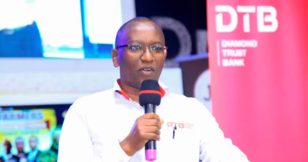
.JPG)
